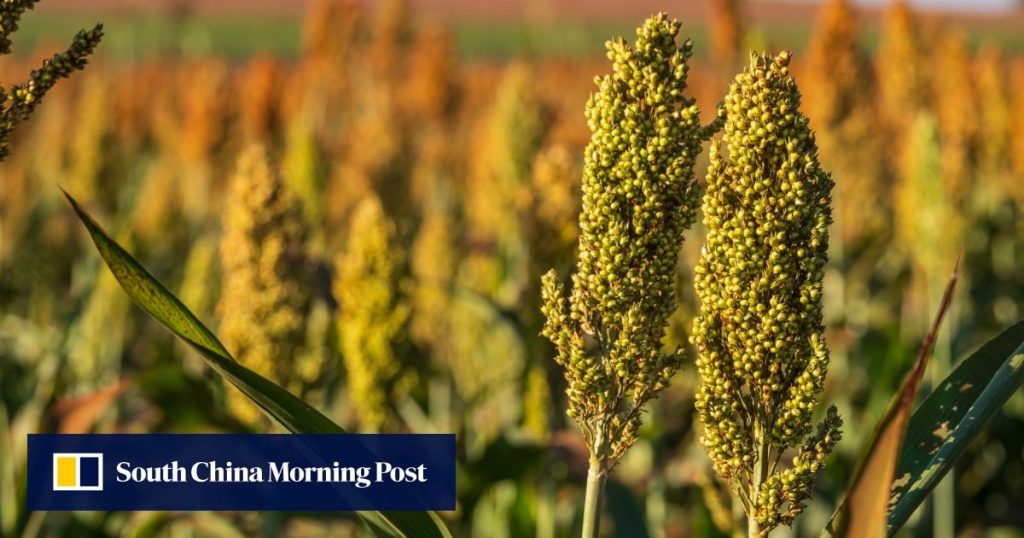Argentina has tightened export standards for sorghum to strengthen sales to China, a move that could add new strain to relations with the United States, once the main supplier of the grain before tariffs upended global trade.
The Agriculture Secretariat issued a resolution on Friday, setting new grading rules based on test weight and limiting impurities, broken kernels and non-grain material.
Exports must now meet minimum weights of 72, 70 and 67 kilograms per hectolitre depending on grade. Cargoes below those levels no longer qualify for standard export certification.
The measure also updated how sorghum is graded to meet foreign feed and processing requirements, according to the resolution, which said the changes would help avoid cargo rejections and strengthen Argentina’s reliability as a supplier.
In a statement, the agency said the measure was meant to “facilitate domestic marketing, raise the quality of national production and improve Argentina’s position in more demanding markets”. Officials said it aligns local standards with those used by key trading partners.

The resolution replaced a 1994 rule and cited China’s rise as Argentina’s main sorghum buyer since 2021, saying “higher export volumes make it necessary to adapt quality parameters to global demands”.


